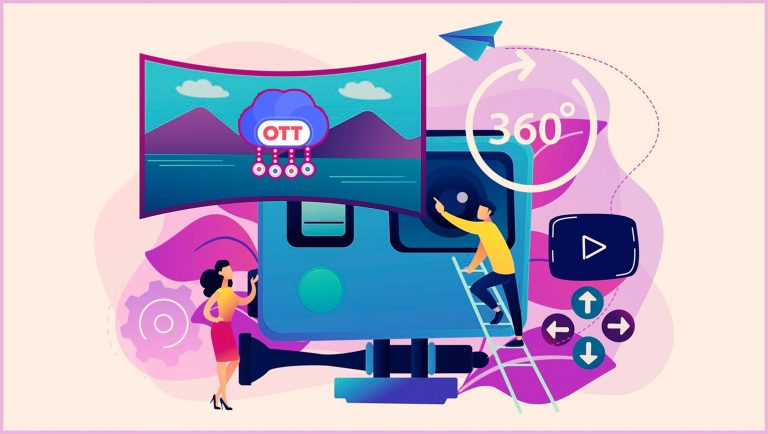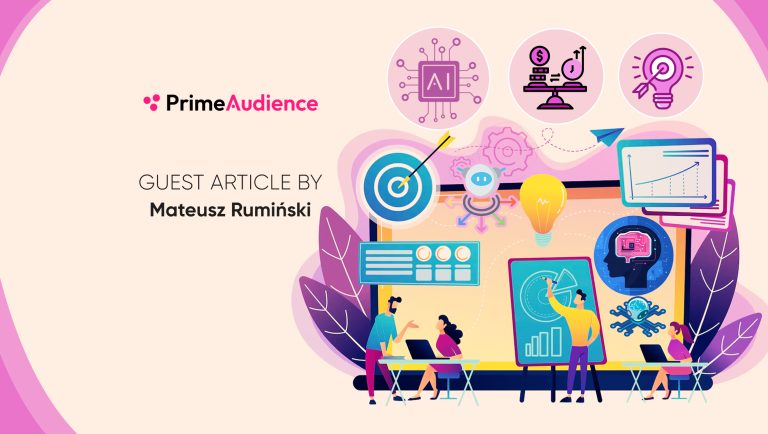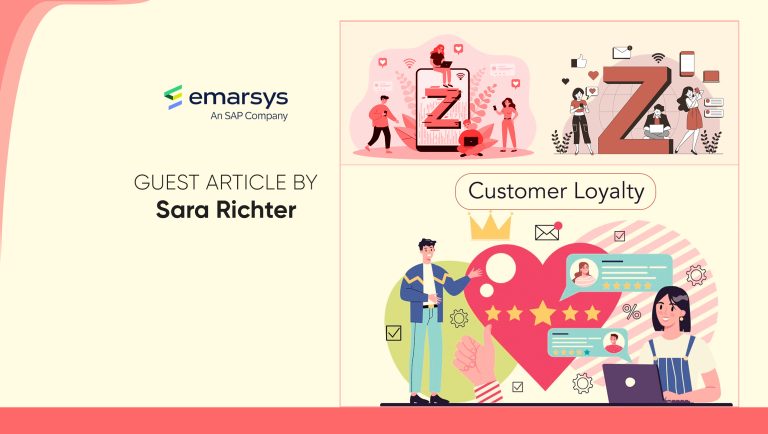Nearly half (48.5%) of C-suite and other executives at organizations that use artificial intelligence (AI) expect to increase AI use for risk management and compliance efforts in the year ahead, according to a recent Deloitte poll. Yet, only 21.1% of respondents report that their organizations have an ethical framework in place for AI use within risk management and compliance programs.
“As many organizations are still learning how best to adopt and leverage AI capabilities, it’s not surprising that ethical frameworks are often missing from the ‘trustworthy AI’ equation,” said Irfan Saif, Deloitte Risk & Financial Advisory principal and Deloitte AI leader, Deloitte & Touche LLP. “To better scale AI governance over time and to better reduce algorithm bias, leading organizations are approaching AI ethics proactively by embedding ethical frameworks into all AI efforts as a matter of practice.”
Marketing Technology News: Accenture and SAP Build Prototype that Uses Distributed Ledger Technology to Enable More Efficient, Secure and Reliable Payments Between Banks and Customers
While AI ethics frameworks for risk management and compliance may be few, there is a silver lining: companies are more likely than not to involve top leaders in developing ethical AI practices. More than half of respondents (53.5%) indicated that AI ethics responsibilities are established including the C-suite. Just one-fifth (19%) indicate the C-suite in their organizations have no AI ethics responsibilities.
Maureen Mohlenkamp, a Deloitte Risk & Financial Advisory principal specializing in ethics and compliance services, Deloitte & Touche LLP, added, “C-suite and board executives need to ask questions early and often about ethical use of technology and data—inclusive of and beyond AI—to mitigate unintended and unethical consequences. As data and technology uses evolve, tying efforts directly to organizational mission statements and corporate conduct policies can help organizations ensure that future advancements start with a strong ethical foundation. Further, a board-level data committee should be established to discuss enterprise-wide AI use, monitoring and modeling with appropriate C-suite leaders.”
Marketing Technology News: Usage Insights: The 3 Keys to Software Monetization Innovation
Questions leaders can ask about ethical use of technology and data across the enterprise include:
- Did we set the right tone at the top for our organization on AI ethics? Corporate boards and C-suites set the tone for any ethics or compliance program, inclusive of AI ethics programs. Data officers, CIOs and CISOs along with legal, ethics or compliance officers can determine governance specific to AI, as well as to the processes and controls needed for work executed by machines versus humans.
- What organizational standards have we developed for ethical use of AI? Guiding, monitoring and assessing if technology and data are used ethically by the organization, its employees, vendors and customers can be executed technically, organizationally or both. For example, a technical framework could be embedded within the design of an AI solution to prevent certain actions from being completed. Or, data scientists and other data professionals could develop an AI “code of conduct” and set-up channels through which to escalate issues. Organizational standards for AI ethics should consider the growth of AI and the role of the machine, as the workforce of the future is not just human beings.
- Did we conduct an AI ethics gap analysis? “AI ethics is as much about understanding the risks as it is about establishing a process for avoiding them. Review existing organizational policies, procedures and standards to address existing gaps, then expand existing policies or build new ones accordingly,” said Mohlenkamp.
- Do we have a plan in place to educate our workforce on AI? “For many organizations, a steep AI learning curve awaits. Traditional business professionals will need to learn how to team with data scientists and technologists to achieve strategic goals and to explain the changes in the environment. And those developing algorithms and managing data will need to be specially trained to identify and mitigate bias within AI applications. An educated and tech savvy workforce is better positioned to ethically embrace the opportunities that AI use creates,” said Saif.
- Did we alert product teams on what to look for in monitoring AI solutions for ethical compliance? Saif concluded, “One way to do this would be to embed into IT architecture design—similar to the Privacy by Design framework—considerations for the ethical use of data and technology. Another is to design control structures and embed them into AI-enabled solutions.”
Marketing Technology News: SparkPost Hires Tech Executive Sam Holding to Lead International Business Growth
























